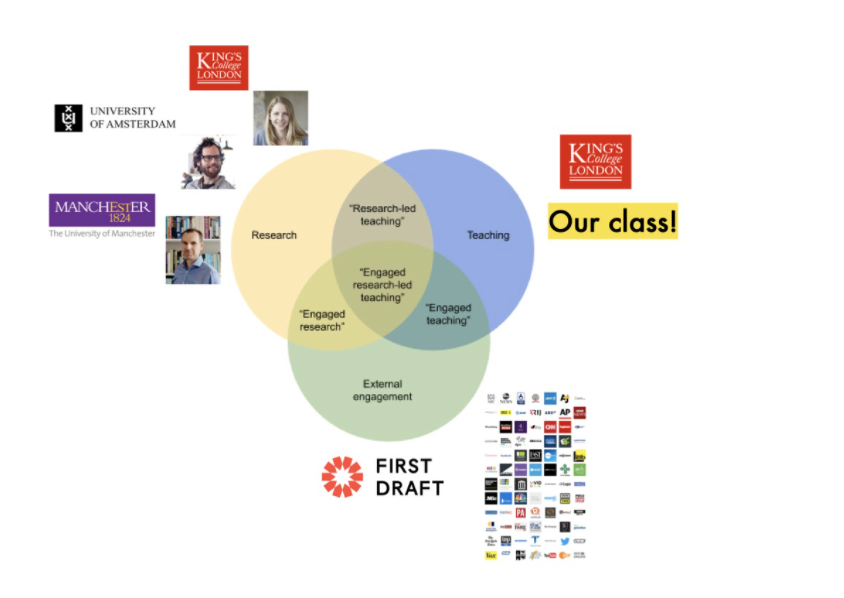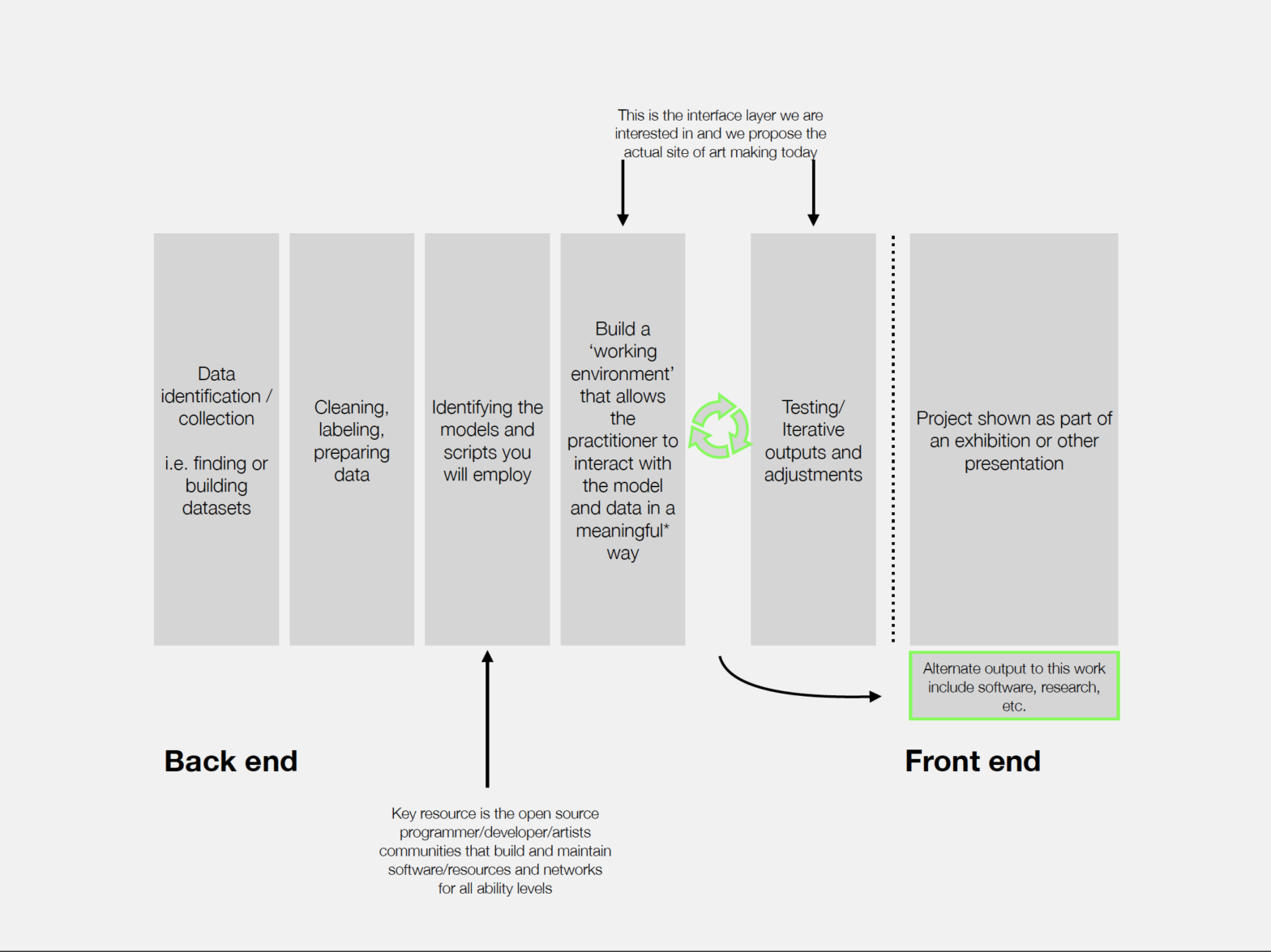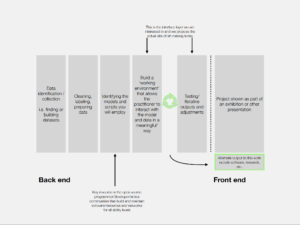Kate Devlin at the Department of Digital Humanities was recently interviewed for a piece in Wired on how “Amazon’s Astro robot uses fear to get into your home”. You can read the article here, and below is the transcript of the interview that Kate did with Jack Needham…
From what you have seen so far, what’s different about an Amazon robot to other home robot products that have been on the market for a while? I imagine the sheer monster that is Amazon brings some huge differences.
A lot of the robots we have in our homes aren’t robots like this. Most common are robot vacuum cleaners, for example. The Astro robot aims to provide more broad service (such as video calls on wheels – essentially a telepresence robot) and also some scope to deliver small objects from one room to another.
Yes, Amazon has a lot of market power, but will people be happy to fork out for essentially a screen on wheels?
These things are billed as being a convenience – something that switches on lights, makes video calls etc. But it’s still a product that’s designed to make money and gather data. Do you think the everyday person forgets that? Why?
There’s a tendency to overlook or disregard privacy if it’s a barrier to convenience. We’re pretty much all guilty of that. How many of us read through pages of terms and conditions to use an app or service that we need? But in some instances, consumers may not be aware of just how much data is being gathered about them, or what happens to their personal information.



 Professor Zylinska is a writer, lecturer, artist and curator, working in the areas of digital technologies and new media, ethics, photography and art. Prior to joining King’s in 2021, she worked for many years at Goldsmiths, University of London, including as Co-Head of its Department of Media, Communications and Cultural Studies. She has held visiting positions as Guest Professor at Shandong University in China, Winton Chair Visiting Scholar at the University of Minnesota, US, and Beaverbrook Visiting Scholar at McGill University in Canada.
Professor Zylinska is a writer, lecturer, artist and curator, working in the areas of digital technologies and new media, ethics, photography and art. Prior to joining King’s in 2021, she worked for many years at Goldsmiths, University of London, including as Co-Head of its Department of Media, Communications and Cultural Studies. She has held visiting positions as Guest Professor at Shandong University in China, Winton Chair Visiting Scholar at the University of Minnesota, US, and Beaverbrook Visiting Scholar at McGill University in Canada.



